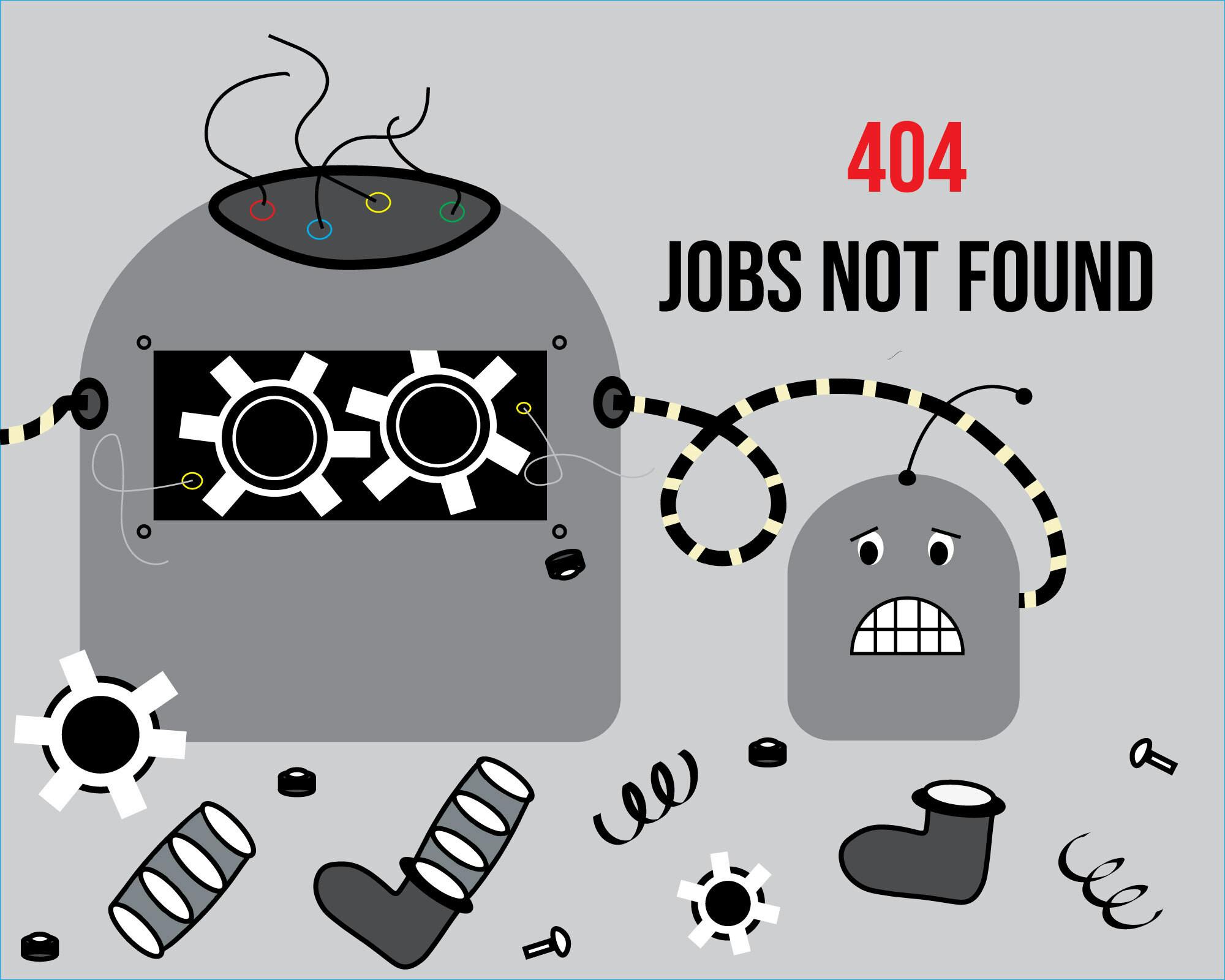Since the start of 2023, Big Tech companies have laid off about 95,000 employees and are projected to cut 900,000 jobs by the end of the year.
“Big Tech,” also called Tech Giants, refers to the largest and most influential information technology companies that dominate their respective sectors. Some of the top Big Tech companies include Apple, Google, Microsoft, Amazon and Tesla.
For students like computer science freshman Aashi Sharma, the high salaries and work-life balance make working at these companies an ultimate career goal.
“Obviously I’m interested, and if I got (a) job I would accept it, because of the (pay and the lifestyle) … the prestige,” Sharma said. “I mean, I’ve heard bad (things) from just from Google. They don’t treat their employees very well … but I’d still accept (an) offer.”
Sharma added that for her, some of computer science’s appeal stemmed from the tech field’s push for diversity because of the historic underrepresentation of minorities. Despite this, she said, the new wave of layoffs brings a layer of uncertainty.
“It’s definitely scary, because … I always thought that computer science would be a safe field, and you’re guaranteed a job that pays extremely well,” Sharma said. “Then again, the economy is in a really bad state right now, and (with) inflation and everything, it kind of makes sense. But it’s still not the most exciting thing to hear.”
Similarly, computer science freshman Neha Sil said tech seemed like a sure thing to her because of its growth and importance for the future.
Sil noted that the layoffs may feed into tech and STEM’s competitive culture, both in and outside of MSU.
“I feel like at MSU, there definitely is a lot of competition because a lot of people tend to go into the STEM field,” Sil said. “So it’s harder to get opportunities. ... Google is somewhere I wanted to work, but because of all these layoffs, I think it will be … harder to get an internship or a job there.”
As a freshman with little experience, Sil said, younger people will have to work harder to stand out in light of the exclusivity.
On the other hand, computer engineering sophomore Pranav Bellad said the layoffs feel more like a “small bump in the road.”
“Obviously it’s a concern for me right now because I’m trying to find an internship,” Bellad said. “So it’s a little tough … but I think this is just a small bump (because) the opportunities with technology are endless. ... (With) trying to find an internship, yes, I am a little worried, but for a more steady job, I’m not too worried.”
In addition to the layoffs, there has been much public concern about the future of the technology industry with the emergence of AI programs like ChatGPT and Wolfram Alpha, which use their databases to provide concise, “human-like” answers to users’ questions.
The capabilities of such programs for outputting labor and potentially even replacing search platforms like Google present the problem of taking jobs away from people.
However, Bellad said he doesn’t think this will occur on a large scale.
“If anything, I feel like that’s a concern with those working with AI (directly),” Bellad said. “But even the people that (perform that type of work), our jobs are still going to be vital to create (those) services. Because without computer scientists or computer engineers, you can’t really make ChatGPT, right?”
Sil said that COVID-19 has played a part in maintaining technology’s relevancy.
“Before COVID-19, I really wanted to go into business, but I’ve realized that we use Zoom to do classes, a lot of our classes have transferred to online courses … I’ve realized how important technology is in our life,” she said.
During the pandemic, BigTech companies had significantly increased hiring rates, with companies like Apple growing their staff by 20% since the onset of the COVID-19 pandemic. Now, the tech industry is dealing with the consequences of overhiring.
Research done by a Stanford Business professor showed that layoffs are an example of social contagion; when some Big Tech companies fire staff, others will follow suit.
“I think doing (layoffs) for reputation’s sake is a horrible (method),” Sharma said. “I mean, speaking as someone who (wants to be) an employee, I can’t say much, but ... scaring people is just not the best way to go about it.”







